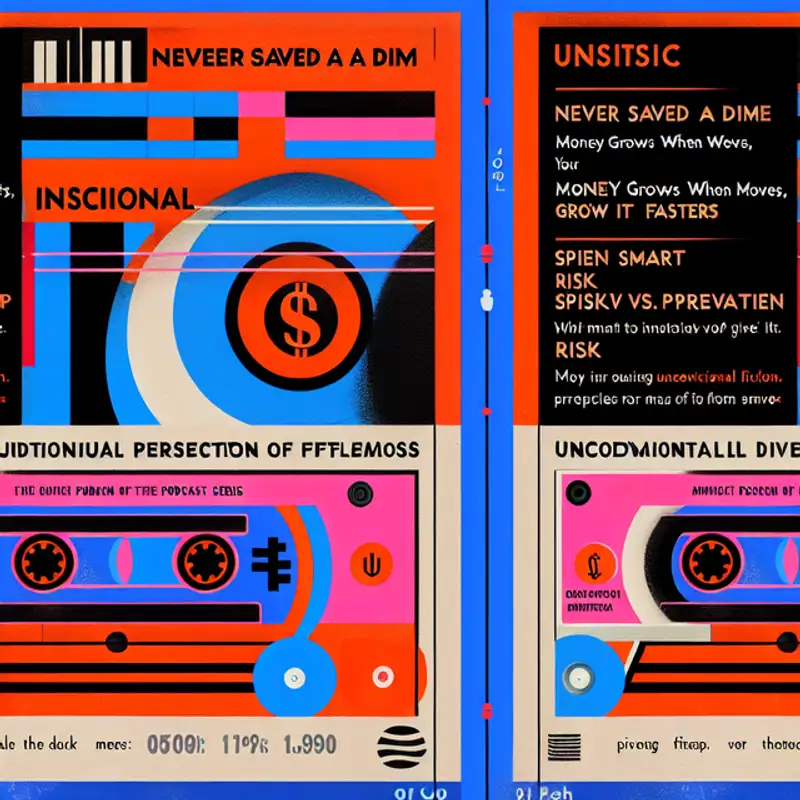Here’s your podcast-ready summary based on the Fast Company article about Barbara Corcoran's unconventional financial advice:
Barbara Corcoran—the beloved Shark Tank mogul, real estate titan, and self-made millionaire—is flipping the script on traditional financial wisdom. With a net worth north of $100 million and a scrappy backstory that spans 20 jobs before age 23, Corcoran boldly told CNBC, “I’ve never saved a dime my whole life.” Instead, she channels every dollar earned into investment opportunities she believes in, whether that’s a business venture, a stock, or herself. Her philosophy: Money grows when it moves—not when it waits. While experts caution that this approach is not for the risk-averse, it prompts an important question: Are you playing it too safe when it comes to building real wealth?
Key Points:
- Barbara Corcoran doesn’t believe in saving money just to save it. Her mantra: “Spend it smart, grow it faster.”
- She told CNBC Make It in 2023, “I’ve never saved a dime my whole life,” emphasizing that she immediately invests her earnings.
- Her philosophy is built on the belief that investing—whether in a business or yourself—offers better long-term returns than stockpiling cash.
- Corcoran's method focuses on growing wealth rather than preserving it, but it comes with real financial risk. It’s not a fit for everyone.
- She challenges listeners to consider: “How much can you safely invest in something with high upside, rather than letting it sit idle?”
- This approach defies most personal finance strategies that prioritize emergency funds and long-term savings.
- Despite the risk, Corcoran’s track record shows that bold financial moves can pay off. She sold her real estate firm for $66 million at age 52.
Additional Notes:
- While unconventional, Barbara’s mindset mirrors high-growth entrepreneurial thinking—a “move fast, reinvest early” model common among successful founders.
- Financial experts caution that skipping an emergency fund could backfire for individuals without a stable income or safety net.
- For those curious to apply this idea in real life, consider balanced alternatives like:
- High-yield savings combined with dollar-cost averaging into index funds.
- Investing in personal development (e.g. courses, coaching) or low-startup-cost side hustles.
- Remember: Her advice is a perspective, not a prescription. Use it to challenge your assumptions about money, not as a blueprint.
Final Thought for Listeners:
Corcoran isn’t saying you shouldn’t be smart with your money—she’s challenging the idea that security lies in stashing it away. Instead, she believes wealth is grown when money has a job to do. Would you give your money a mission—or keep it resting in the bank?
Link to Article
 Episode
Episode